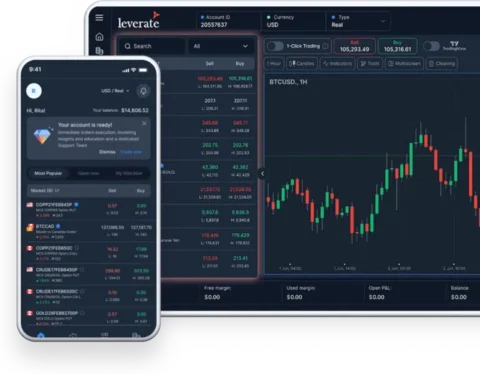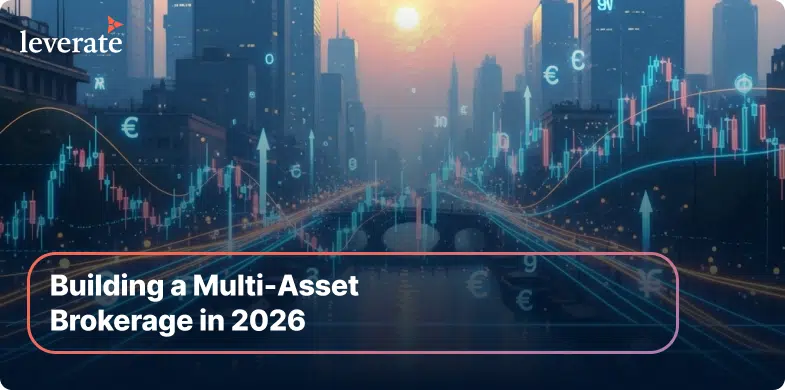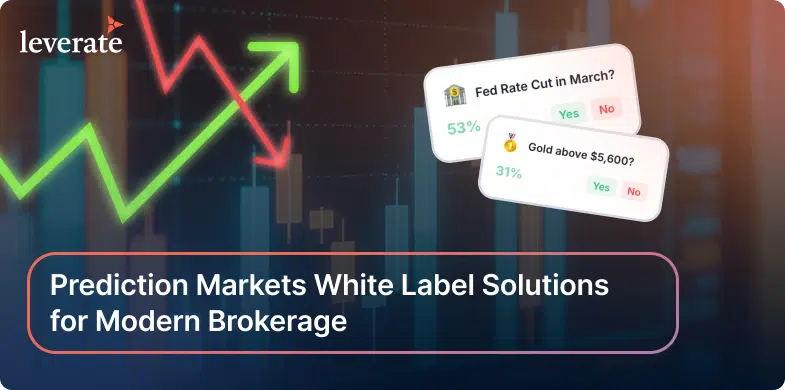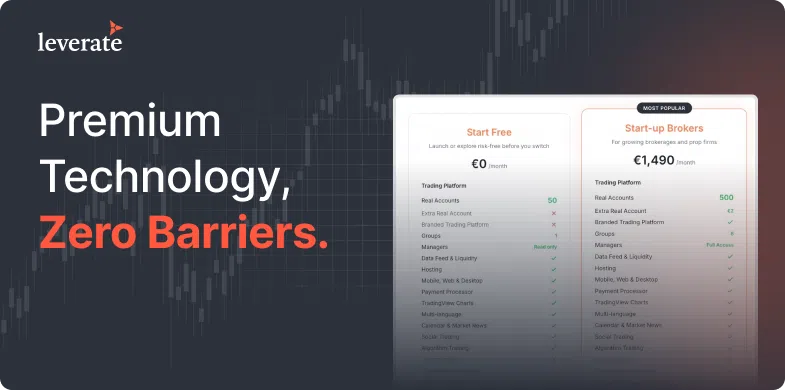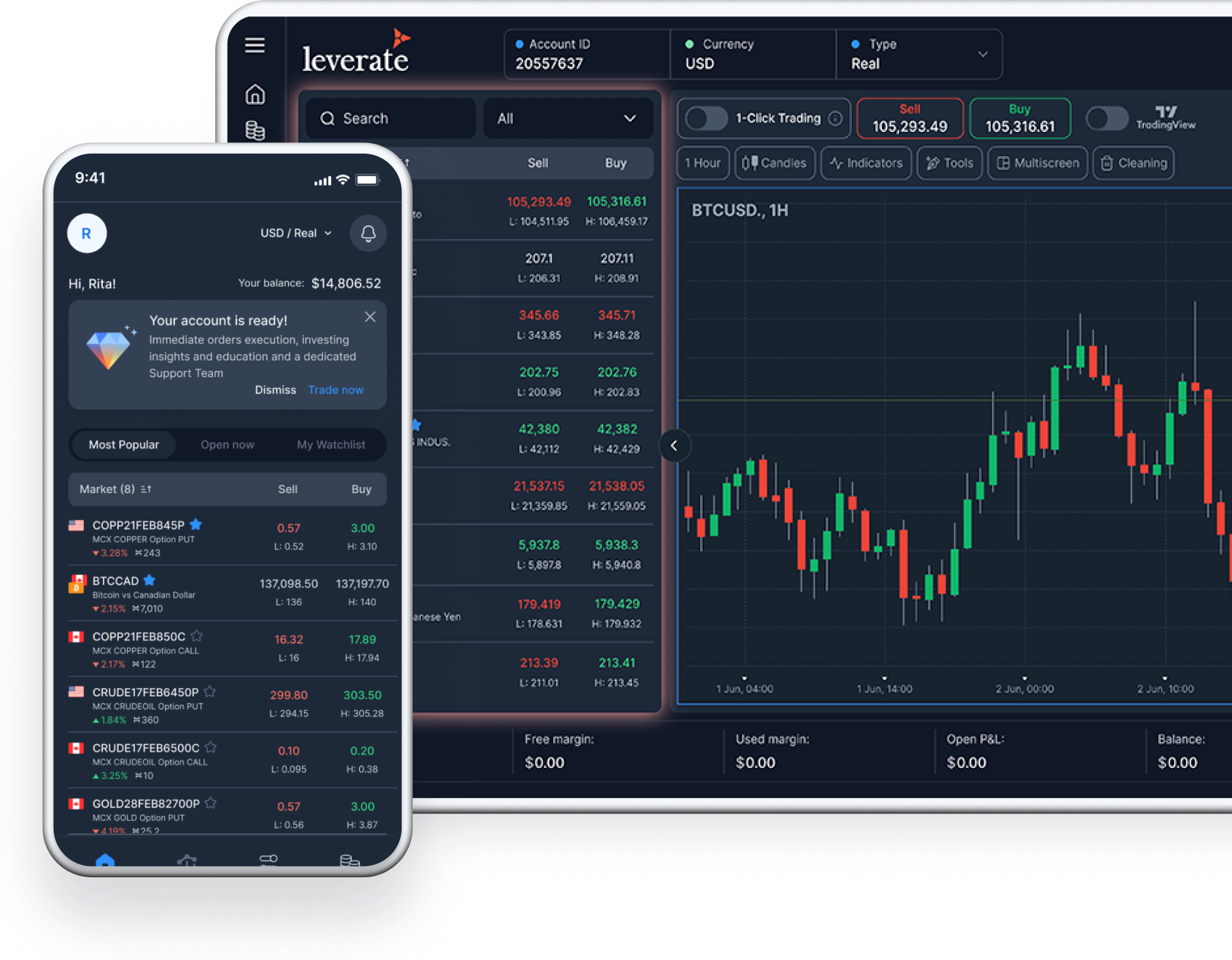One of the biggest challenges of a new brokerage, trying to penetrate a competitive market, is marketing – or more specifically, marketing expenses. From financed campaigns like PPC, media, Facebook and other SM platforms, to SEO, expos and more, the marketing budget becomes either the largest or second largest for almost every broker. Nevertheless, the past decade has given rise to a new breed of marketing professionals: affiliates.

Affiliate marketing is, essentially, an outsourcing method which redefines the relationship between the broker and the service provider. If up until now a brokerage had to hire a media company, pay them a monthly fee, pay for campaign expenses and also give them a portion of the profits as commission (albeit a small one), the affiliate relationship means that the provider works completely independent and does not take any instructions from the broker. They receive a landing page (or landing pages) from the broker and they direct traffic to these pages. If their traffic converts, they get paid. If it doesn’t, they don’t.
Reduce your costs
The method of payment with Affiliates varies by the quality of the affiliate and the demand for their services. The main modality of payment is called CPA: Cost Per Acquisition. This means that the broker only pays the affiliate if their traffic made a minimum deposit. As we mentioned earlier, the method used by the affiliate is not the broker’s concern and there are no overhead expenses. In addition to driving traffic and building funnels that lead to converting landing pages, affiliates may also provide the broker with leads for cold calls. However, the affiliate will only be compensated once their lead has made a deposit.
Nevertheless, affiliates with good leads are highly sought after by many brokers, and they often allow themselves to demand higher CPAs, as well as another method of compensation called CPL: Cost Per Lead. According to this method, the affiliate does not focus on generating deposits, but instead focuses on providing the sales team with high quality “hot leads” and gets paid for every lead, whether it converted or not. This method is not used often because it is a financial risk for the broker, however most affiliates who charge per lead usually have a reputation and proven track record in the industry.
In terms of manpower, all the brokerage needs is an affiliate manager who will monitor campaigns and provide support for the affiliate. Most brokerages also employ a content writer and graphic designer regardless of the affiliate manager, and they also provide materials for affiliates, although many affiliates prefer to produce materials themselves. The affiliate manager earns a base salary and a commission from their affiliates’ deposits, however the results-based payment method means that the only overhead is their base salary and everything else is only paid when results are delivered and deposits are made.
Find a good partner

There are a few ways of recruiting affiliates: dedicated websites, word of mouth, and trade shows. Starting from the latter, trade shows are industry events in which brokers open booths and affiliates come in search of business opportunities, and fun freebies. They usually take place in major financial hubs such as London, Amsterdam, Singapore and Las Vegas. Word of mouth is self-explanatory, and dedicated websites, such as Warrior Forum and STM, are essentially message boards to which affiliates come in search of business offers. They are not exclusive to the Forex industry, but financial companies post offers there as well.
To conclude: affiliate marketing is the quintessential method for gaining Forex leads and promoting a brokerage, especially a new one. It requires little manpower and effort from your marketing department, it reduces overhead costs, and offers the highest value for money because you only pay the affiliate when their efforts result in a deposit (in a CPA contract). It is because of this that affiliate marketing has become the golden standard in the Forex world, and that every self-respecting brokerage has at least one affiliate manager. And it is because of this that we suggest that you consider affiliate marketing for your brokerage as well.






